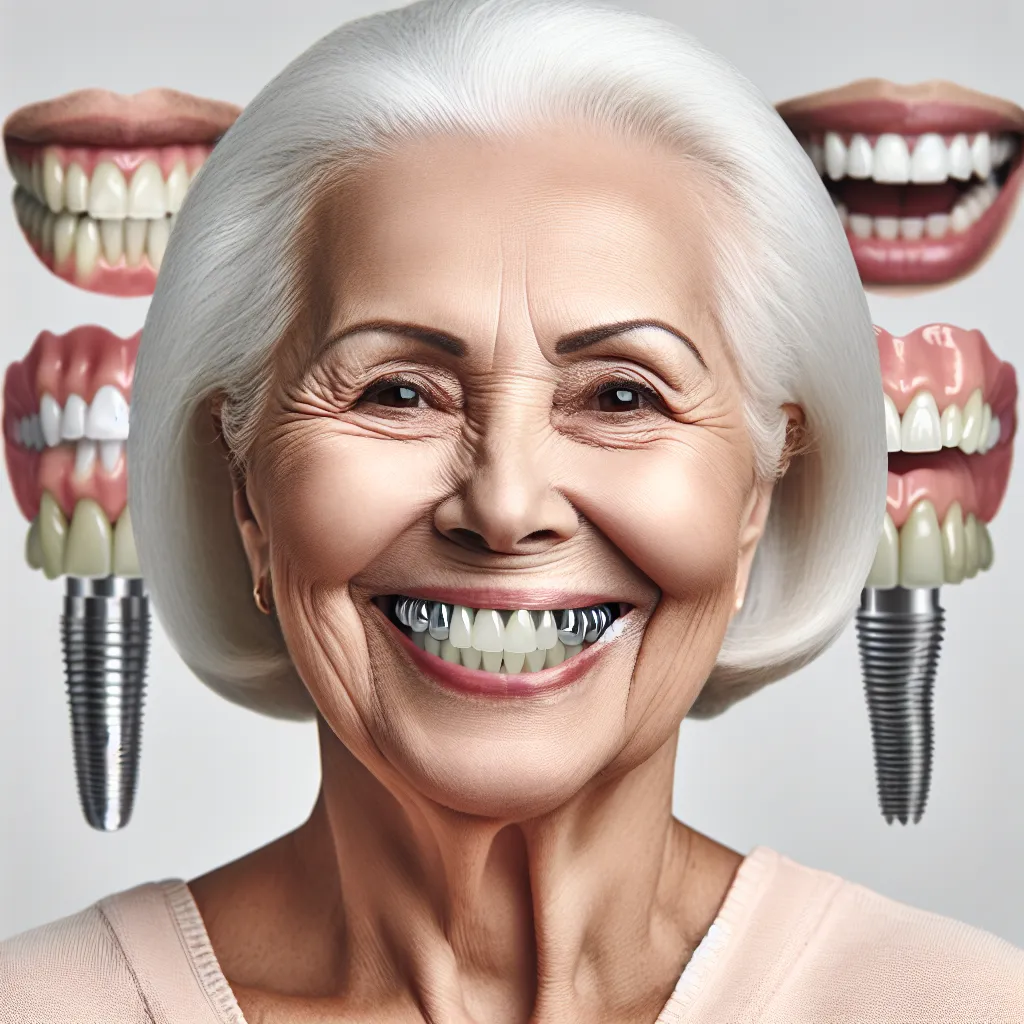Discover how dental implants in elderly patients restore confidence, improve chewing, and preserve jawbone health for a youthful look....
Discover how dental implants for seniors can restore chewing, boost confidence, and preserve bone health—an ideal long-term tooth replacement solution....


